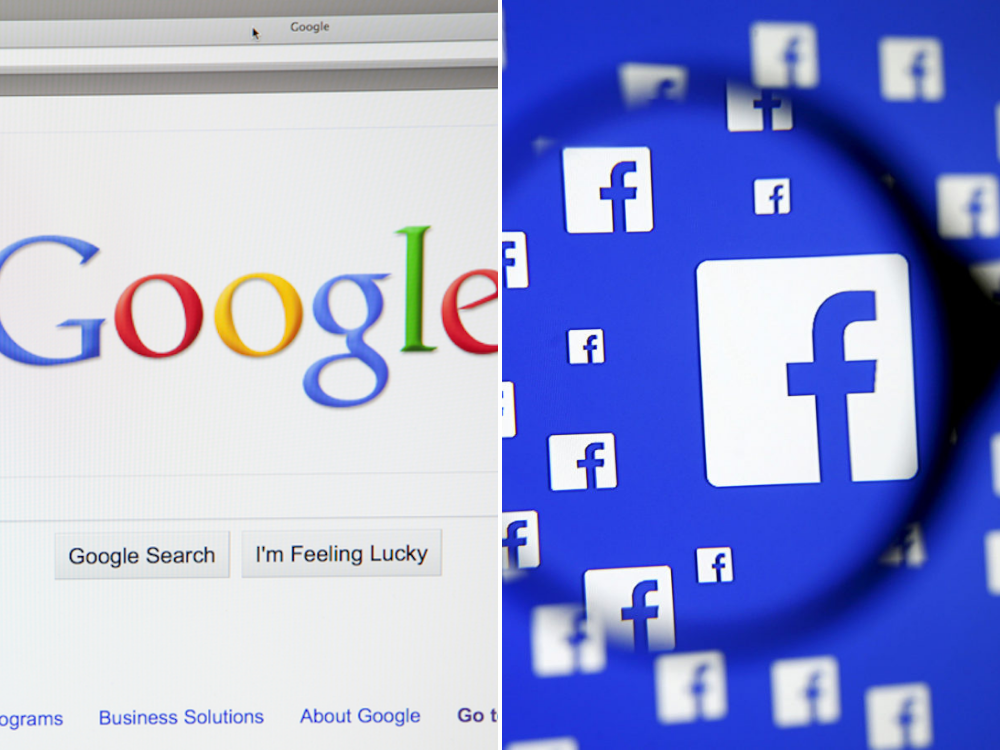
Press Gazette has long campaigned for Google and Facebook to more fairly reward the publishers of news content upon which they largely rely.
So it would be churlish of us to complain now that both tech giants have started transmitting serious amounts of cash back into the global news industry: $1bn each over the next three years for content via Google News Showcase and Facebook News.
But that doesn’t stop us holding up these deals to scrutiny – as our US editor William Turvill does today in his wide-ranging investigation.
And given the power both these platforms hold (which as Australia found, is too much for any one nation-state to counter) there is an urgent need to understand why these payments have been made and what they mean for the future of the media.
As our investigation shows, Google News Showcase raises a number of questions.
As a straight-up content deal, it does not seem to make a huge amount of sense. The Google News Showcase pages are driving a dribble of clicks to many publishers. And they largely consist of headlines and links, something publishers the world over have been happy for Google to index for free ever since the search engine first came on the scene.
It may be that Showcase is less about paying for content, but more about paying to keep friends close and enemies (such as News Corp) closer.
The secrecy around the showcase deals has led to concerns from some that there is unfairness about how the money is distributed. For a news ecosystem to function well financial reward needs to be driven by the value of the content produced, not by which publisher – or government – has the most capacity to cause regulatory problems.
For individual publishers Google News Showcase is largely free money, without any real business downside. We are all in the market for any content deals that improve our ability to fund journalism and which bring our work to a wider audience.
The showcase payments feel a bit like the UK government coronavirus media advertising blitz, which was a way of supporting the news industry during a difficult time – but which did not hinder publications’ ability to hold politicians to account. As far as the day-to-day goes, there are no strings attached.
But taking a longer-term view, the Google and Facebook content deals feel like a temporary fix.
Their dominance is based on monopoly positions (in search and social) and helped by the fact they don’t pay for most of the content which is shared on their platforms and (unlike publishers) and benefit from legislative opt-outs on taking legal responsibility for that content
So while the principle of paying for news is now established and a welcome step in the right direction. For the duopoly to continue to prosper, they will both need to come up with a system of content licensing payments which is fair, transparent and substantial enough to ensure they are seen as supporters of the global news ecosystem rather than destroyers of it.
Email pged@pressgazette.co.uk to point out mistakes, provide story tips or send in a letter for publication on our "Letters Page" blog
